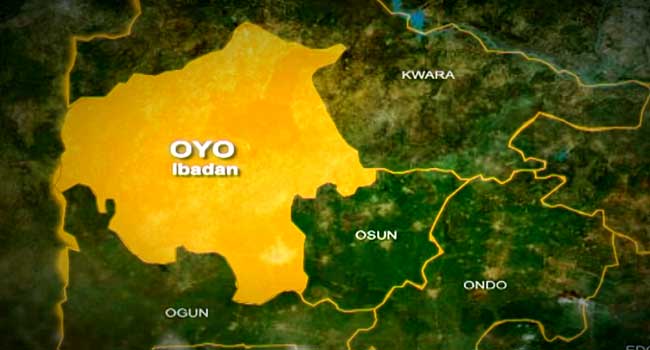Tax payable to remote workers, social media influencers under new law – FG
In preparation for the commencement of new tax law, the Federal Government has disclosed that Nigerians earning income through remote work, social media influencing, or business imports, will begin to pay tax under the new tax reforms, which will be effective from January 1, 2026.
Taiwp Oyedele, the Chairman of the Presidential Committee on Fiscal Policy and Tax Reforms, made the disclosure during a tax education session hosted by the Redeemed Christian Church of God, City of David, Lagos.
According to a viral video circulating social media on Tuesday, Oyedele noted that Nigerians working remotely for foreign companies are legally required to declare their income and pay tax in Nigeria.
He said, “If you are a remote worker, you are a worker, right? You just happen to do your work remotely. You work for a company, that company might be an American company, somewhere in Europe, anywhere, and you earn a salary.
“That amount of money they pay to you is your salary. You will self-declare it. Because if your employer were to be in Nigeria, they will deduct and pay on your behalf. Because your employer is not in Nigeria, they don’t care about the Nigerian tax system.”
Oyedele added that remote workers who fail to declare their income will be traced and penalised.
“So the obligation falls on you to self-declare. If you now refuse to declare, the government will see the movement of the money, and say you failed to declare, and they will deem it as your income, charge you tax on it, add penalty, add interest for delayed payments,” he said.
He stressed that the same applies to social media influencers who generate income online, saying, “So the same thing applies to influencers. You are influencing online, that’s okay. You earn income, you pay tax as well.”
“The next question is importers. Do they have any reliefs? We do look at importers as a separate line of business. So if you are importing, there’s something you’re doing. It’s either you are into trade, manufacturing, or whatever it is. Depending on the business you are importing to do, you will see some reliefs for that sector,” he said.
Addressing fears about overlapping taxes from federal, state and local authorities, he explained that the new law now clearly spells out “jurisdiction” for each tier of government.
“Someone is concerned about paying federal and state taxes. How will they be able to differentiate?” He said.
Oyedele continued, “The new law states clearly what taxes are payable, and who they are payable to. So, there’s a part of the law that we call jurisdiction. It says National Revenue Service shall collect these taxes. States shall collect these taxes. Local government shall collect these taxes.
“You don’t need to even worry about all of them. You just need to say, who are you? If you are an individual, just worry about personal income tax.
“If you are doing small business, we remove your taxes. The only one we are trying to deal with now is local government one. If you are a big business, maybe you should have an accountant that will advise you.
“So at the end of the day, whatever number of taxes you are paying now is reduced significantly to a few. And in the tax law, you will see there what taxes you need to pay, who you need to pay to, and when you need to pay those taxes.”
Oyedele, in his earlier remarks, said that all income is taxable under Nigerian law, citing even sex work as falling within taxable earnings.
He said, although the upkeep money or gifts are not taxable, but payment for any service or product attracts tax obligations, while describing the new framework as the “most transformative in the nation’s history,” aimed at simplifying compliance, reducing multiple taxation disputes, and improving government revenue.
Source: PUNCH







